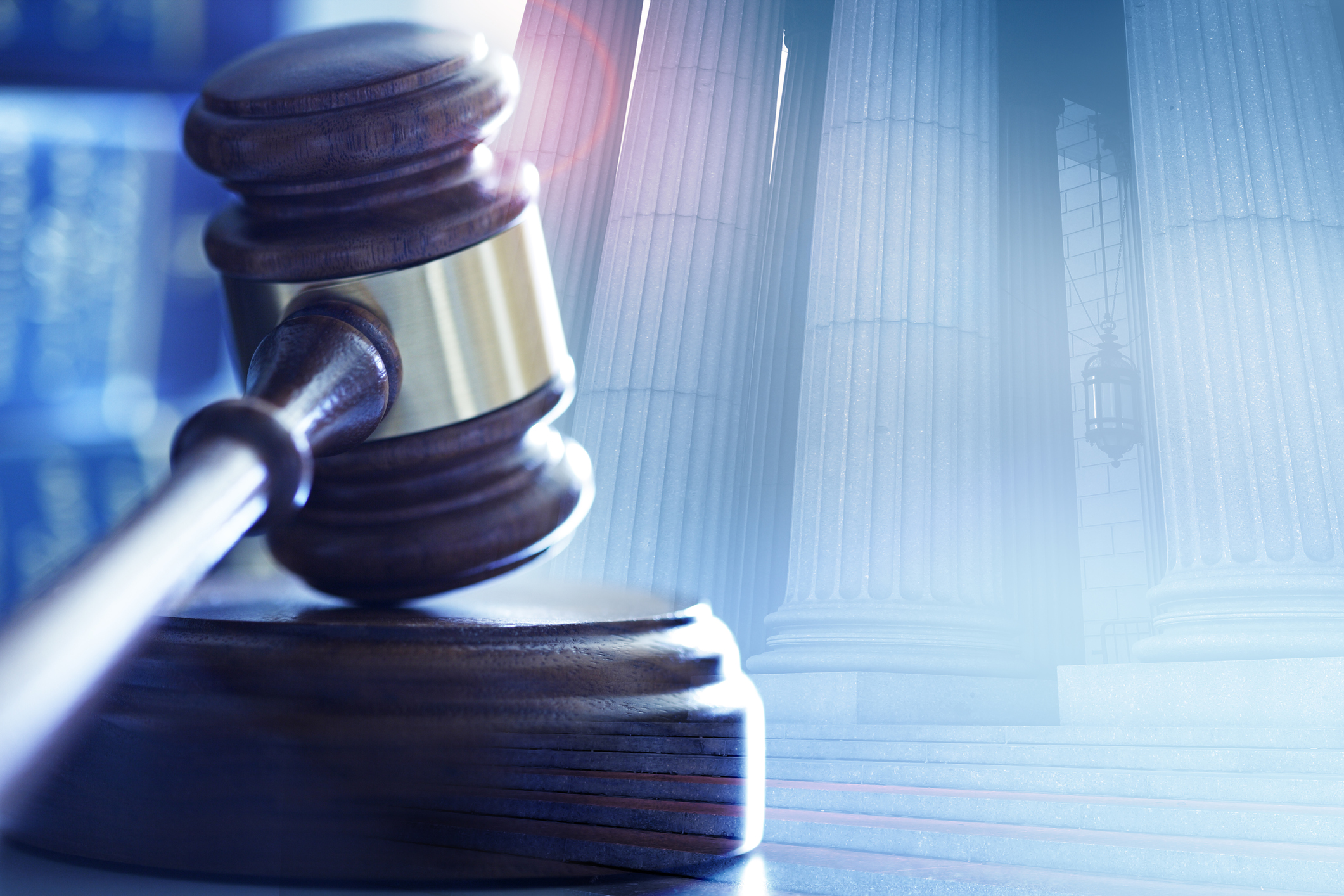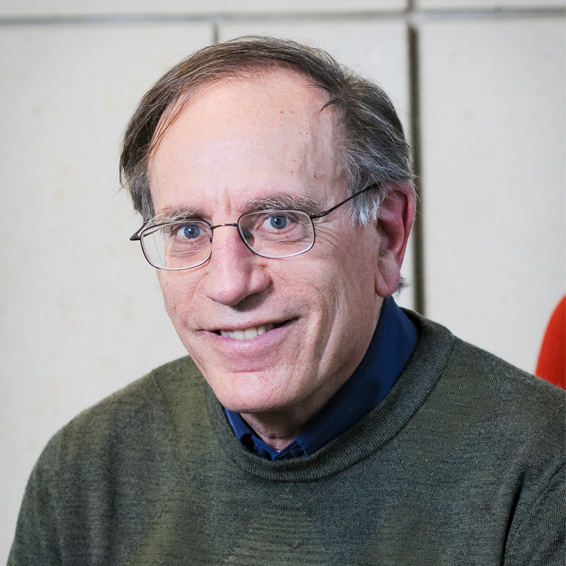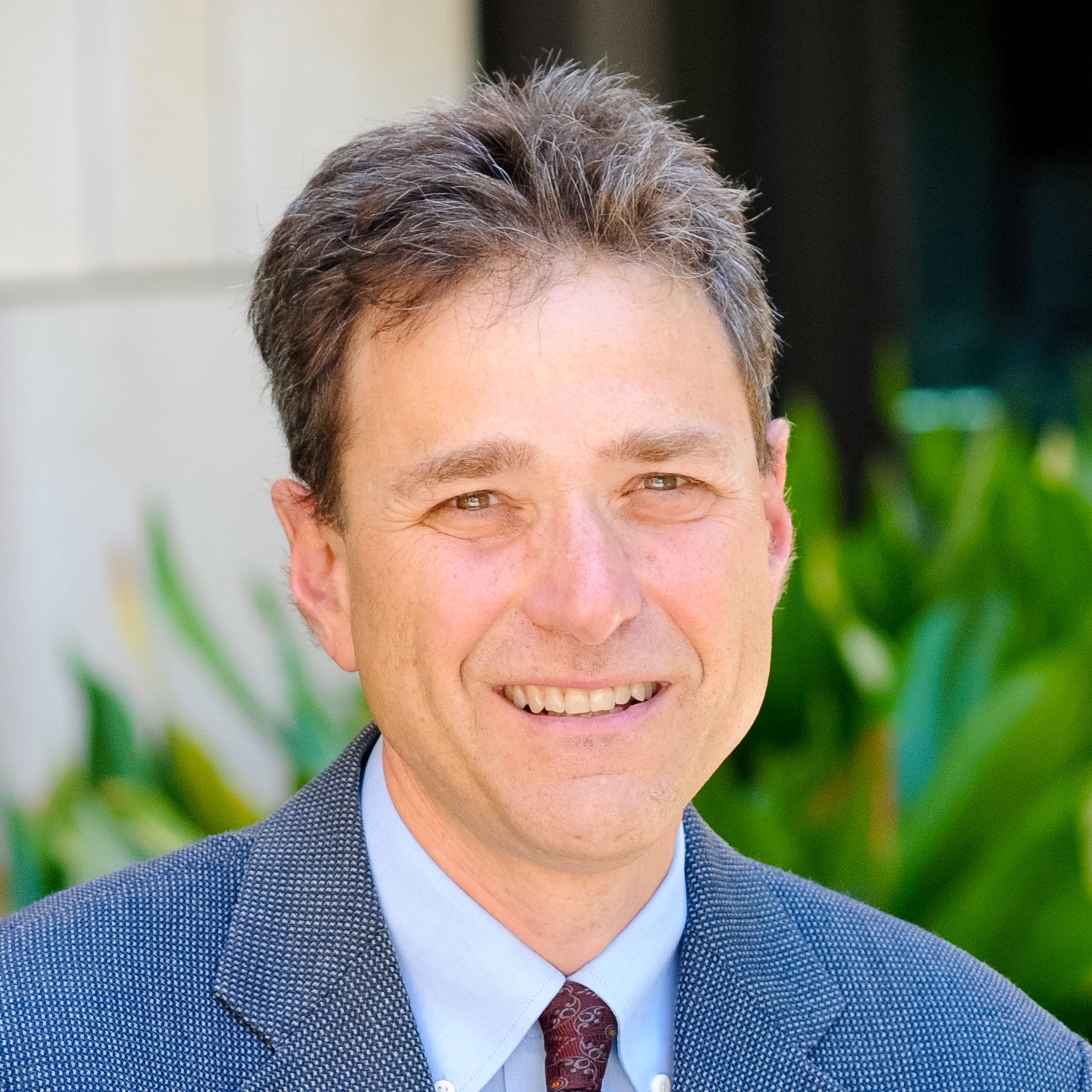Stanford Criminal Law Experts David Alan Sklansky and Robert Weisberg on the Kyle Rittenhouse Acquittal
On August 25, during protests about the police shooting of Jacob Blake in Kenosha, Wisconsin, seventeen-year old Kyle Rittenhouse, armed with a semiautomatic gun reportedly to help keep the peace, shot three protesters, killing two. He was charged with first-degree murder and other charges. On Friday, November 19, the jury acquitted Rittenhouse of all charges. Here, Stanford Law School criminal justice experts David Alan Sklansky and Bob Weisberg discuss the trial and case.
Rittenhouse was acquitted on all charges, correct?

Sklansky: The judge dismissed one count—a misdemeanor charge of illegal gun possession. The jury acquitted Rittenhouse of the remaining five counts, which were felony charges of homicide and reckless endangerment.
Weisberg: Yes, it’s all over. The only possible exception is the illegal gun possession charge, which the judge dismissed before it got to the jury. There is a hyper-technical question of whether the state could still appeal that and reinstate it. Probably not, because the way he dismissed it probably amounted to a “judicial acquittal,” such that double jeopardy would bar the reinstatement. And it’s politically well-nigh inconceivable that the state would reopen the case anyway.
What were the biggest weaknesses in the prosecution?
Weisberg: Most obviously poor preparation of state witnesses such that the DA seemed surprised when some of his witnesses gave testimony that helped Rittenhouse as much as it hurt him. Also, while there’s plenty to criticize about the judge’s orneriness towards the state, the DA should have been aware of Schroeder’s personality and taken better steps to avoid riling him up.
Assistant District Attorney Thomas Binger told the jury that Rittenhouse could not hide behind self-defense if he provoked the incident. Why didn’t that argument work?

Sklansky: It’s hard to know for sure without being privy to the jury’s deliberations. But under Wisconsin law, a defendant’s provocation can defeat his claim of self-defense only if the defendant was acting illegally. If Rittenhouse had acted illegally in carrying a loaded assault-style rifle around the streets of Kenosha, that could have counted as illegal provocation. But the judge appears to have been right that Wisconsin law didn’t make Rittenhouse’s gun possession a crime.
Also, even if Rittenhouse had done something illegal to provoke the attacks on him, he would still have a right to defend himself under Wisconsin law if he faced a threat of imminent death or great bodily harm and reasonably thought he had no other way to escape.
Weisberg: But one could make the argument that by walking around with the gun in what many would call a provocative way should make Rittenhouse at least somewhat responsible for inducing others to challenge him.
Does the acquittal point to weaknesses in Wisconsin’s laws regarding provocation and self-defense?
Weisberg: The way the law and the jury instructions were phrased enable the jury to be pretty generous to Rittenhouse on the question of who was the initial aggressor between him and the people he shot and whether he acted with proportionate self-defense. It’s a really messy and complex issue but one example: If, as the jury was left to assume, Rittenhouse did not act illegally in possessing the gun, the jury was told that Rittenhouse could not be the provoking aggressor if the alleged act was “merely” making his gun visible. That may have led the jury to overlook some of the nuances of how Rittenhouse presented himself to the others. But he may indeed have brandished the gun in a way that was illegally provocative.

Sklansky: Professor Cynthia Lee argued in a recent Politico opinion piece that Wisconsin law—like the law of some other states—is too vague about what constitutes provocation and how provocation affects a claim of self-defense. She suggests that anyone who makes someone reasonably fear for their physical safety should forfeit the right to self-defense. I share Professor Lee’s frustration with the vagueness of Wisconsin law on this point, but I think the standard she applies would make it too difficult for defendants to claim self-defense in cases even where the defense really should apply.
What about the judge’s behavior during the trial? Was it unusual?
Weisberg: Well, judges are allowed to be eccentric. I think he clearly displayed partiality to the defense, but sometimes it was outside the presence of the jury. Mind you, even in those instances he pretty much ensured that he was stoking public divisiveness over the case and ultimately the verdict. But for me, one case where he crossed the line in front of the jury—when he invited the jury to applaud a defense witness for the witness’s military service. Our current military members and our vets surely deserve great gratitude for their service. But this act of effectively endorsing the credibility of a witness is something a judge should never do. Had this been a state witness, this might well have been a reversible error. But the Constitution is deliberately asymmetric (at least in theory) in giving the defendant rights that the state does not have.
What do you think the defense did right?
Weisberg: Solid cross-exam of the weak state witnesses. Taking occasions to echo the judge’s criticism of the prosecutor. In retrospect, maybe making a good gamble in putting Rittenhouse on the stand. In a self-defense case, maybe the choice was obvious but with Rittenhouse it was risky.
Read Stanford’s Rick Banks on Race and the Rittenhouse Case
Is this matter now closed? Do the families of Rittenhouse’s victims have any recourse?
Sklansky: The acquittals end the criminal case against Rittenhouse, but the families of the two men Rittenhouse killed—Joseph Rosenbaum and Anthony Huber—can file civil suits, seeking damages for wrongful death. Similarly, Gaige Grosskreutz, who was shot by Rittenhouse but survived, can seek civil recovery for his injuries. Huber’s father has already filed a civil lawsuit against city and county officials, but not against Rittenhouse.
Weisberg: Remember OJ Simpson? Nothing legally bars a civil suit against Rittenhouse, but I can’t imagine it happening. And remember the federal civil rights criminal conviction of the officers who beat up Rodney King, after they were acquitted in state court. But really there’s no legal basis for such a thing here.
Do you want to say anything about this case? Critics have raised racial issues and gun rights.
Sklansky: It’s hard but important to separate out the issue of Kyle Rittenhouse’s legal guilt or innocence from three larger, critical issues swirling around the case. The first is the way that Rittenhouse has been turned into a political and cultural symbol—a violent white supremacist to many on the left, a valiant role model to many on the right. Second, there is the serious question of racial equity—whether a Black or Latino teenager who shot and killed two people would be treated the way the judge in this case treated Rittenhouse. Third and finally, there is a pressing question of firearms policy: whether in fact it should have been lawful for a seventeen-year-old to be walking around Kenosha on a night of protests and unrest with a loaded assault-style rifle.
Thank you both.
